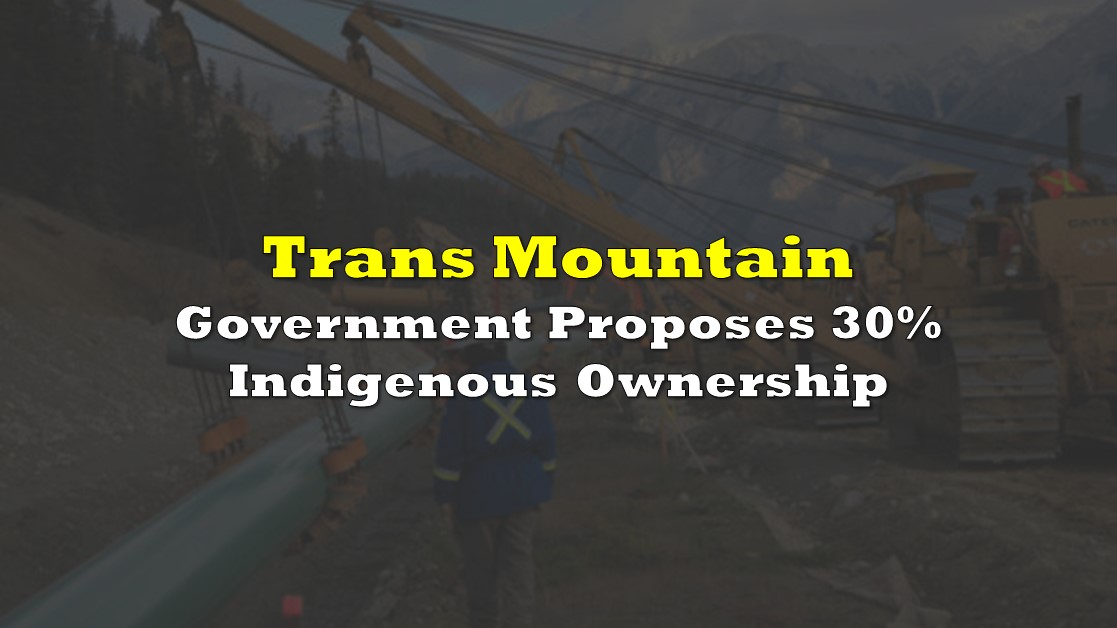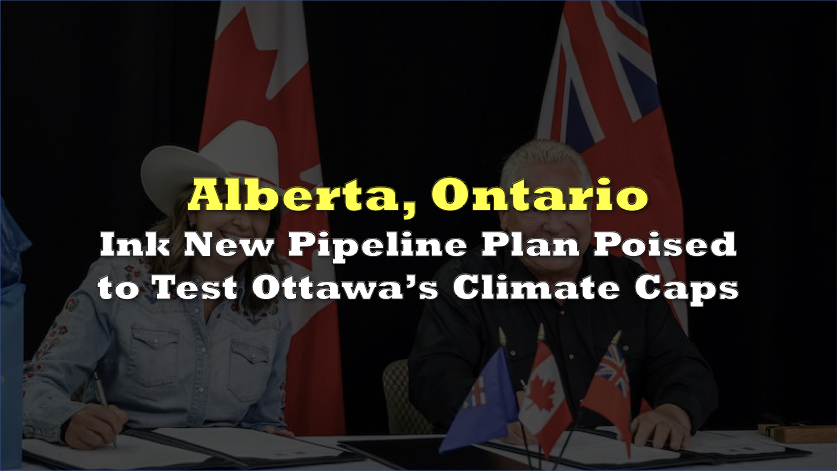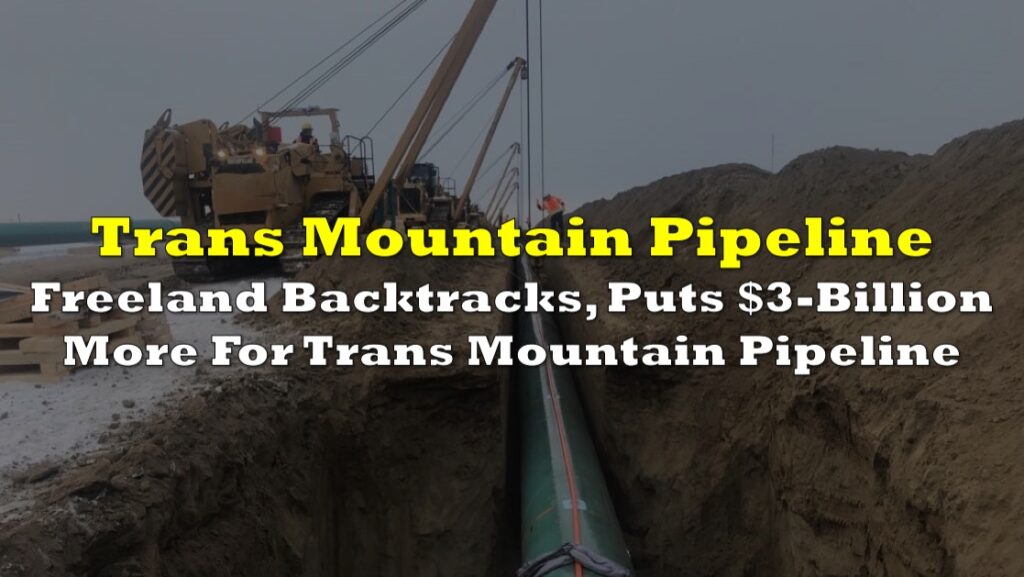Canada’s federal government is looking to sell a 30% stake in the newly expanded Trans Mountain pipeline system to Indigenous owners, according to Alberta Premier Danielle Smith. This initiative is part of an effort to provide economic benefits to First Nations communities through ownership stakes in major infrastructure projects.
During a press conference in Calgary, Smith explained that the debt associated with the government-owned oil pipeline system could be managed through tolls charged to companies that use the line. She noted that the equity required to transfer the system into private hands was estimated at $10 billion a few months ago.
“They wanted to get the Indigenous partners to own 30%,” Smith stated, mentioning that the government might offer a loan guarantee to First Nations. “It’s going to be a great source of income for the Indigenous partners.”
Last year, the federal government sent a letter to First Nations groups proposing a special-purpose vehicle that would hold a stake in the pipeline. This arrangement would allow individual groups to decide whether to participate. For those interested, the government intends to provide risk-free access to capital. However, the letter did not specify the size of the stake that would be sold.
Despite these initial steps, the sales process has stalled. Earlier this year, Indigenous leaders expressed frustration over the lack of further communication from the federal government.
The Trans Mountain pipeline system, which began operation in May, has significantly increased the capacity for Alberta oil producers to export crude oil via the Pacific Coast. The Canadian government purchased the pipeline in 2018 to prevent its cancellation amid strong opposition in British Columbia. Since then, the project has faced substantial cost overruns, with the total expenditure ballooning to $34 billion, posing a significant challenge to the Trudeau administration’s plans to sell the pipeline and provide a stake to First Nations.
The sale of a 30% stake in the Trans Mountain pipeline to Indigenous owners aligns with broader governmental efforts to involve First Nations in lucrative infrastructure projects, thereby fostering economic development within these communities. The proposal includes offering loan guarantees to mitigate financial risks for the Indigenous groups, ensuring a steady income stream from their participation.
The expansion of the Trans Mountain pipeline, which nearly tripled its capacity, is a significant development for the Canadian oil industry, allowing greater export potential to international markets. However, the project’s escalating costs, delays, and communication issues have added strain to the initiative.
The initial enthusiasm expressed by Indigenous leaders has turned to frustration due to the lack of follow-through from the federal government. Resolving these issues is crucial for advancing the sale and achieving the intended economic benefits for First Nations.
Information for this story was found via Financial Post, Bloomberg, and the sources mentioned. The author has no securities or affiliations related to the organizations discussed. Not a recommendation to buy or sell. Always do additional research and consult a professional before purchasing a security. The author holds no licenses.









